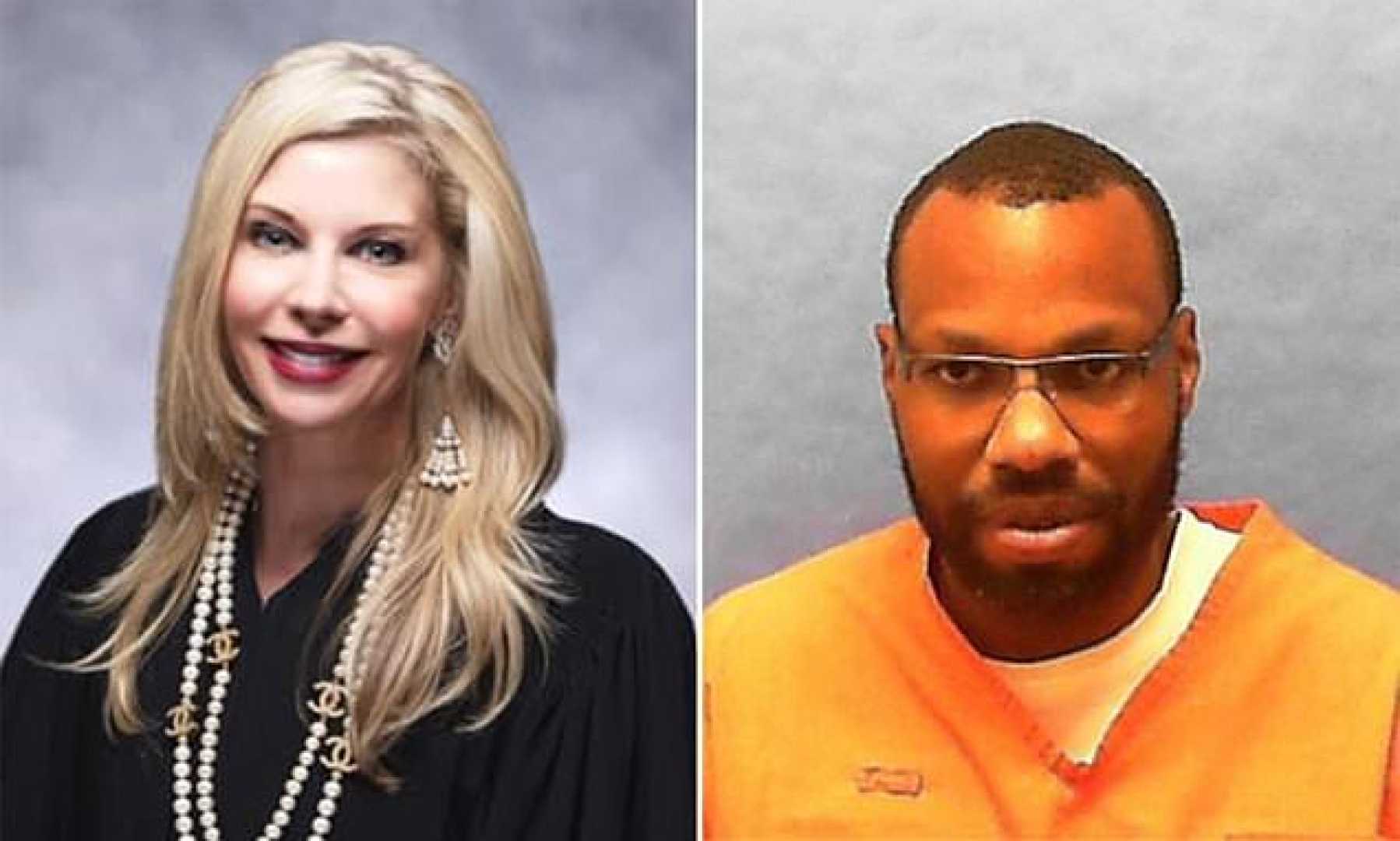News
Miami Judge Bronwyn Miller’s Texts Lead to Overturning of Notorious Gang Leader’s Death Sentence

A significant development in the case of Corey Smith, a notorious Miami gang leader, has led to the overturning of his death sentence due to revelations about Judge Bronwyn Miller’s conduct. Text messages exchanged between Judge Miller and Miami-Dade State Attorney Katherine Fernandez Rundle have come to light, revealing Miller’s attempts to influence the handling of Smith’s resentencing.
Corey Smith, the leader of the John Does drug gang, was convicted of four murders in 2004 and sentenced to death the following year. However, his case has been subject to several legal challenges, including a 2016 U.S. Supreme Court ruling that deemed Florida’s capital punishment law, which allowed non-unanimous juries to impose death sentences, unconstitutional.
The recently disclosed text messages show Judge Miller, who handled Smith’s case as a prosecutor two decades ago and is now an appellate judge, criticizing defense attorneys and making derogatory remarks about other judges. Miller pressured Fernandez Rundle to replace Circuit Judge Andrea Ricker Wolfson, who was handling Smith’s resentencing, and suggested that certain defense attorneys should not be involved in the case.
These revelations have led the State Attorney’s Office to announce that it will no longer seek the death penalty for Smith, opting instead for a lighter sentence. Smith’s defense team had argued that the Miami-Dade State Attorney's Office was too compromised to be involved in the resentencing process.
The text messages have also raised questions about Judge Miller’s fitness to serve, with Smith’s defense attorneys stating that her actions have called into doubt every case she has presided over for decades. Judge Miller has sought advice from Professor Anthony V. Alfieri of the Center for Ethics and Public Service and has been advised not to make any public comments at this time.
Smith is scheduled to appear in court on Wednesday for his resentencing, with Judge Wolfson considering the possibility of overturning his sentences, which could require the state to retry him).












